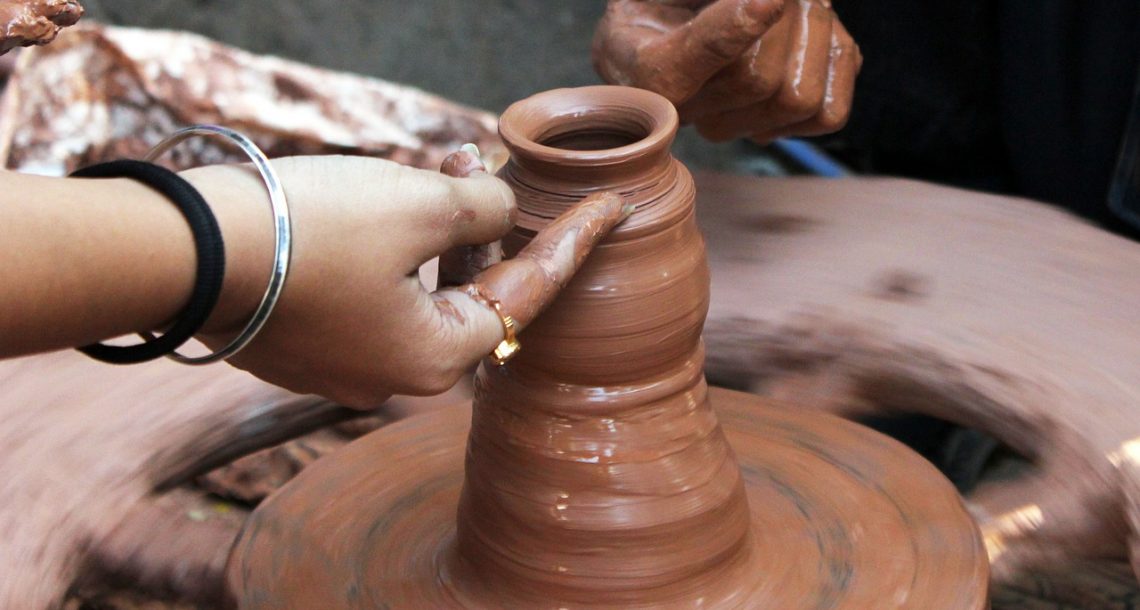by Lois Tverberg
Love your enemies and pray for those who persecute you, that you may be sons of your Father in heaven. He causes his sun to rise on the evil and the good, and sends rain on the righteous and the unrighteous… Be perfect, therefore, as your heavenly Father is perfect. (Matt 5:44-45, 48)
When Jesus instructs us to have unlimited love for one another, he presents God himself as our model for living. We should seek to have the same love that God has for us for one another. He says that we should strive to be “sons of our Father in heaven,” implying that somehow our “genetics” as God’s children should enable us to act like him.

Later rabbis shared a similar sentiment in a commentary on Genesis. They imagined what the conversation might have been like in heaven right before man was created: (1)
When creation was all but ended, the world with all its grandeur and splendor stood out in its glorious beauty. There was but one thing wanting to consummate the marvelous work called into existence by the mere ‘let there be.’ That was a creature with thought and understanding that was able to behold, reflect and marvel on this great handiwork of God, who now sat on His Divine Throne surrounded by hosts of angels and seraphim singing hymns before Him. God said, ‘Let us make man in our likeness, and let there be a creature not only the product of earth, but also gifted with heavenly, spiritual elements, which will bestow on him reason, intellect and understanding.’
Truth then appeared, falling before God’s throne, and in all humility exclaimed: “Deign, O God, to refrain from calling into being a creature who is beset with the vice of lying, who will tread truth under his feet!”
Peace came forth to support this petition. “Wherefore, O Lord, shall this creature appear on earth, a creature so full of strife and contention, to disturb the peace and harmony of Thy creation? He will carry the flame of quarrel and ill-will in his trail; he will bring about war and destruction in his eagerness for gain and conquest.”
Whilst they were pleading against the creation of man, there was heard, arising from another part of the heavens, the soft voice of Mercy: “Sovereign of the Universe,” the voice exclaimed, in all its mildness, “vouchsafe Thou to create a being in Thy likeness, for it will be a noble creature striving to imitate Thy attributes by its actions. I see man now in spirit, that being with God’s breath in his nostrils, seeking to perform his great mission, to do his noble work. I see him now in spirit, approaching the humble hut, seeking out those who are distressed and wretched to comfort them, drying the tears of the afflicted and despondent, raising up them that are bowed down in spirit, reaching his helping hand to those who are in need of help, speaking peace to the heart of the widow, and giving shelter to the fatherless. Such a creature cannot fail to be a glory to His Maker.’
The Creator approved of the pleadings of Mercy, and called man into being.
In this vivid illustration, the rabbis expanded upon the implications of being created in the likeness of God, just as Jesus did in Matthew. Because God breathed his own breath into us to give us life, and because we bear his image, we are capable of love and mercy to one another. As long as we resolve to imitate our Father, we cannot fail to love as he loves.
To explore this topic more, see chapter 14, “God’s Image Stamped in Dust” in Walking in the Dust of Rabbi Jesus, Zondervan, 2012, p 180-91.
(1) Adapted from Genesis Rabbah 8, which dates from the 5-6th centuries AD/CE.
Photo: https://pixabay.com/en/pottery-potter-clay-craft-pot-166798/


